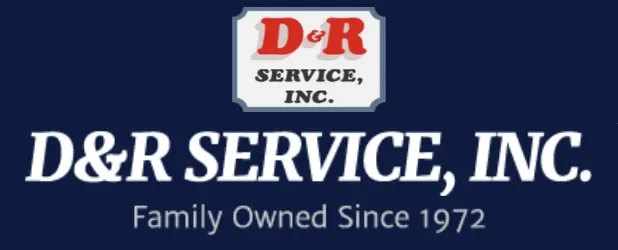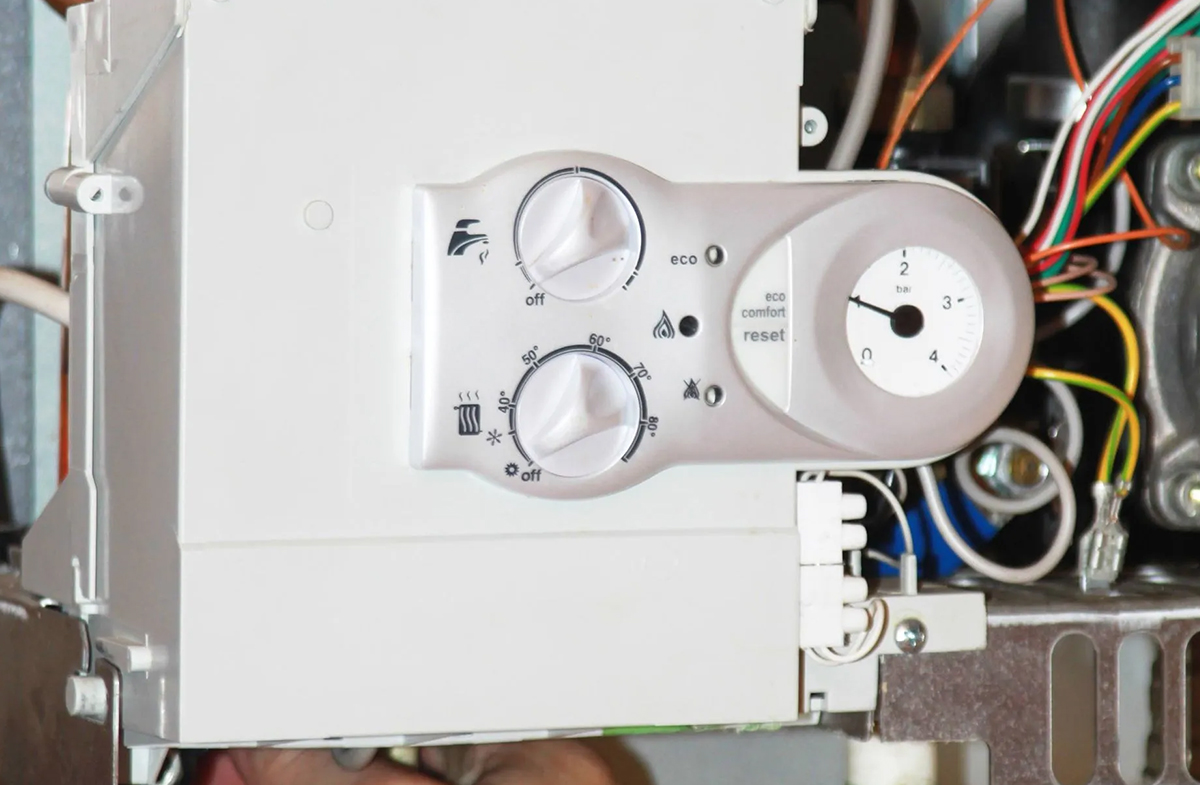Choosing the right boiler for your home can be a daunting task. With so many different types of boilers on the market, it’s important to know the pros and cons of each type before making a purchase. This article will explain the different types of boiler systems and help you choose the best option for your home.
Combination Boilers
Combination boilers — also known as combi boilers — offer near-instantaneous hot water on demand. This means that they only heat water as it is needed rather than heating and storing large quantities of water. Combi boilers are generally the most cost-effective option, as they are compact and easy to install.
In addition, combi boilers tend to be more energy-efficient than other types of boilers, making them an ideal choice for those looking to reduce their carbon footprint. Finally, combi boilers don’t take up much storage space, making them a good choice for small homes or apartments.
Combi Boilers Pros
- Combi boilers offer an unlimited supply of hot water and heating, which is ideal for households with high water usage.
- Combi boilers only heat the water you need at a specific time, so they are more energy-efficient than traditional boilers.
- Combi boilers do not require a cylinder, making them less expensive to install.
Combi Boilers Cons
- Combi boilers can have reduced water pressure if you run more than one tap at a time.
- Combi boilers do not have a backup source of hot water, so if the boiler breaks down, you will be without hot water.
- Combi boilers are rarely compatible with solar panels, so if you are interested in using renewable energy, this may not be the best option unless your combi boiler is electric.
You may be able to get energy rebates from your utility company by installing this type of boiler — check for those and what they entail online.
System Boilers
System boilers work by heating water in a cylinder before pumping it around your property. You can have multiple taps or showers running at the same time without any loss of water pressure. This ability makes them ideal for homes with multiple bathrooms, as well as larger families who use a lot of hot water.
System Boilers Pros
- System boilers are compatible with solar panels, which can help to save on energy costs. System boilers take up less space than traditional boilers because they do not require a cold-water tank.
- System boilers are also faster and more effective at providing hot water to multiple taps at once.
System Boilers Cons
- The cylinder requires adequate storage space.
- The cylinder size will determine the amount of hot water you get on-demand
- System boilers and may need an hour to heat up, so hot water is not instantaneous
This hot water system is ideal for the eco-conscious home that is busy enough to use multiple taps at a time.
Conventional Boilers
Conventional boilers are the oldest type of boiler, and they work by using both a hot water cylinder and a cold water storage tank. They take up quite a bit of space, and they are not very energy efficient. However, they are compatible with certain energy-efficient options such as solar thermal systems. They are a good choice for areas that have low water pressure.
Conventional Boilers Pros
- Hot water can run from multiple taps at a time, so you can run a bath and wash the dishes simultaneously.
- Conventional boilers are compatible with solar panels, so you can save money on your energy bills by using renewable energy.
- Conventional boilers can work even if water pressure is low.
- An electrical immersion heater may be installed in the cylinder by your technician, so you can have hot water even if there is a power cut.
Conventional Boiler Cons
- Conventional boilers take up a lot of space, so they are rarely suitable for small homes.
- Conventional boilers could be more costly to install than other types of boilers.
- Conventional boiler cylinders must be well insulated in order to avoid spikes in your energy bills from heat loss
Hopefully, this article has helped you to better understand the pros and cons of each system so you can make an informed decision about which one is right for your needs. If you still have questions or would like more information about boiler installation or repair, contact us today.



